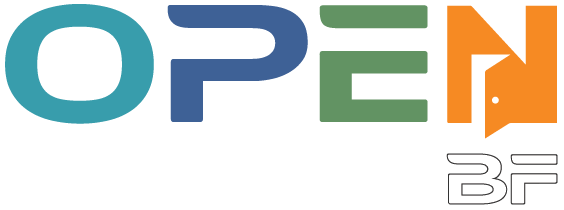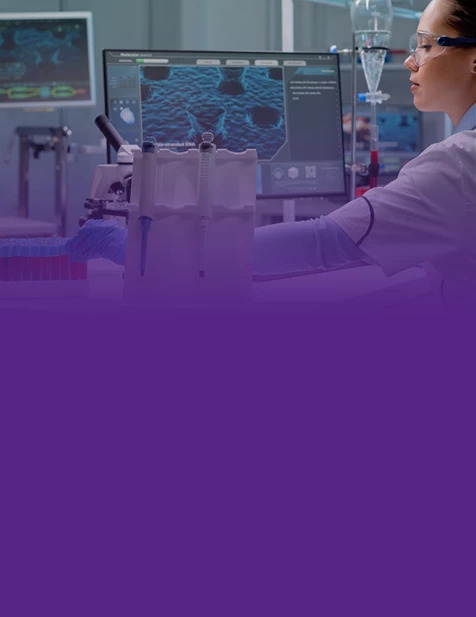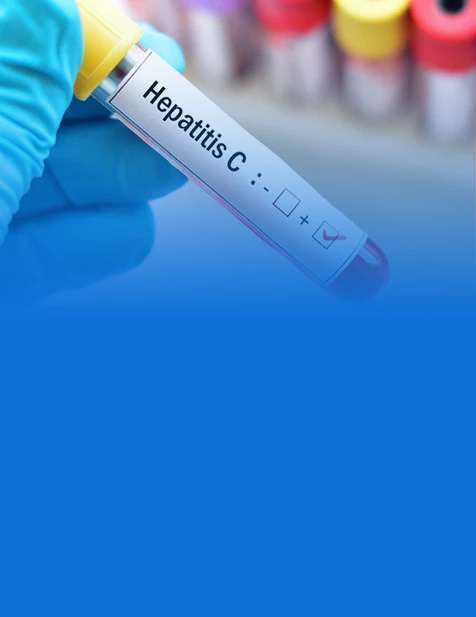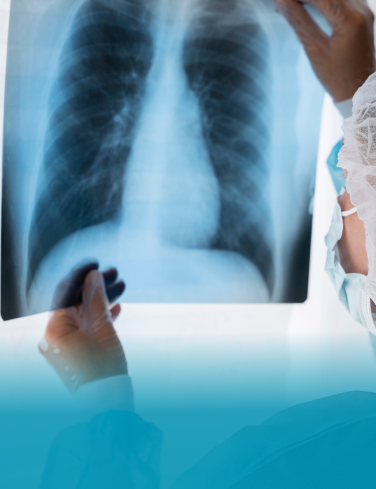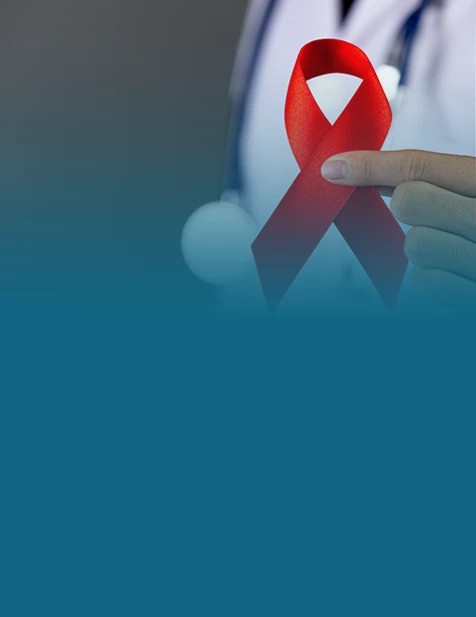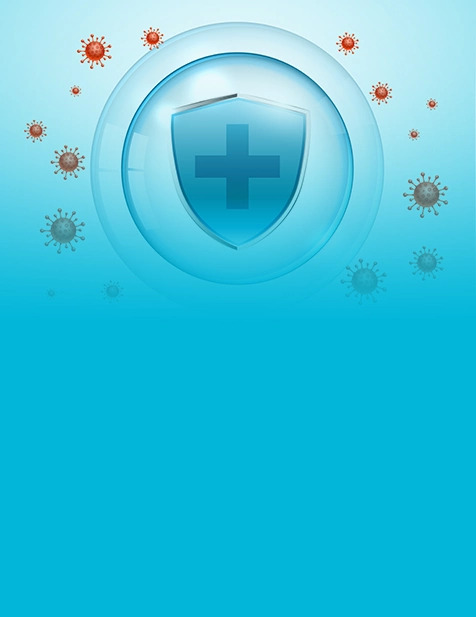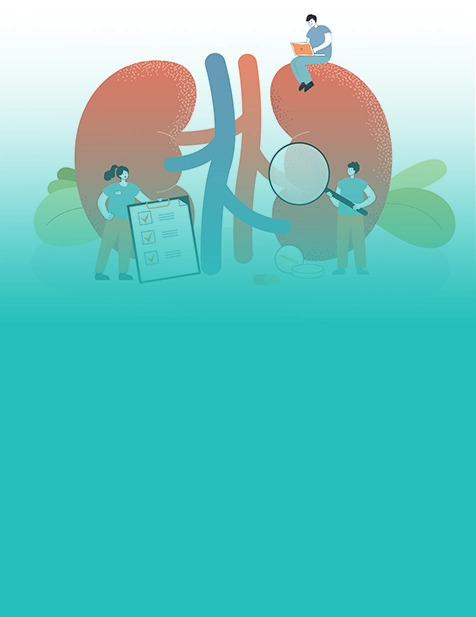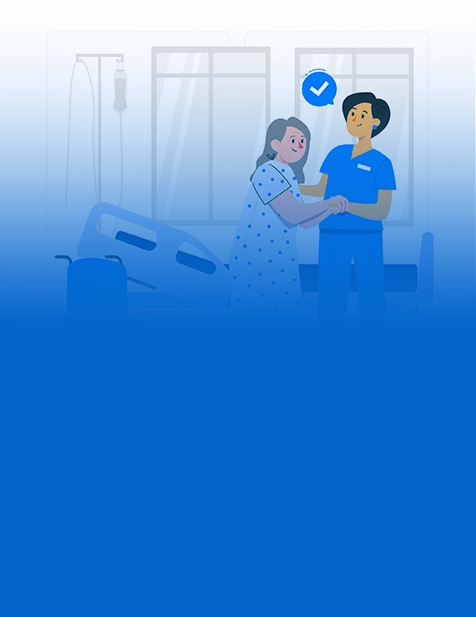There is a long list of diseases that often process without any symptoms and when the symptoms are detected, the treatment may be so delayed that a person's life can be endangered. Detecting the disease at a stage when its symptoms are not yet apparent can actually save lives.
Beneficiaries:
People residing in Abkhazia and Tskhinvali regions can benefit from the Program for the Early Detection and Screening of Diseases.
Scope of the Program:
Goal of the Program is to detect pathological changes before symptoms appear, to provide regular screening to reduce the risk of disease development and mortality.
Services include cervical, breast and colorectal cancer screening, prostate cancer management, prevention of mild and moderate mental retardation in children, epilepsy diagnosis and supervision, retinopathy of prematurity screening, blood lead biomonitoring component.
Women aged 40-70 can participate in breast cancer screening:
- Breast cancer physical examination;
- X-ray examination of the breast (mammographic examination) in 2 projections (with independent reading by 2 radiologists);
- In case of detection of pathology, other studies, including ultrasound examination of the breast, biopsy and cytological study of the biopsy material taken.
Cervical cancer screening provides for the following activities: consultation, examination of women aged 25-60 including by doctor/gynecologist, relevant tests, namely:
- PAP–testing;
- HPV DNA determination test in users aged from 30 to 60 years;
- In case of detection of pathology - relevant examinations (colposcopy, biopsy material collection, histo-morphological study).
Colorectal cancer screening includes testing of representatives of males and females aged from 50 to 70:
- A special test for concealed bleeding (FOBT);
- In case of detection of pathology - colonoscopy (with or without anesthesia) and, if necessary, taking biopsy material (including excision of small polyps), histological study of the taken biopsy material.
Prostate cancer management in men aged 50-70 years envisages prostate cancer antigen (PSA) examination in the blood upon the recommendation of a family doctor or an appropriate specialist.
Prevention, early diagnosis and prevention of mental retardation in children aged from 1 to 6 years of mild and moderate mental development disorders envisages assessment of the child's gross and fine motor skills, expressive and receptive speech, communication, cognitive skills and self-service areas, determination of the compliance of child's mental development with the age norm, elaboration of individual plans for intervention and development in diagnosed children.
Diagnosing epilepsy - envisages primary diagnosis of epilepsy and in-depth patient examination to confirm the diagnosis.
Diagnosing retinopathy - examination of premature newborns, which includes primary screening, doctor's consultation, binocular ophthalmoscopy; if necessary, repeated (multiple) screening. According to the decision of a neonatologist, the examination is also carried out for premature newborns with a gestational age of 34-36, who had a severe medical history or required additional oxygen therapy for more than 48 hours.
Blood lead biomonitoring component, which includes:
a) Pediatrician consultation:
- Assessment of child's physical and mental development through a special questionnaire prepared in advance;
- Determination of the nutritional status of a child - obtaining information about the content of vitamins, calcium and iron in the diet;
- Familiarization of child's parents (legal representatives) with international recommendations about possible sources of lead exposure.
b) Diagnostic examinations:
- General blood analysis
- Determination of ferritin in blood
- C reactive protein
- Determination of hematin in urine
- Hemoglobin or hematocrit
- Lead level in the blood
- X-ray of the abdominal cavity
Beneficiaries whose blood lead concentration is 5 μg/dL, or more, will be provided with medications (iron medicines, calcium and multivitamins) as prescribed by the doctor.
Engagement in the Program and documents to be submitted:
To engage in the Program a person residing in Abkhazia and Tskhinvali regions should:
- Possess a personal identification number granted as result of registration; or
- Possess a neutral ID (SNID) or neutral travel document (SNTD); or
- Possess an ID Card of Georgian citizen.
To receive medical services, patient should apply to any medical institution indicated on this website: https://moh.gov.ge/docs/20231207120818-3.pdf
Program Funding:
Services provided by the Program are fully funded and do not require any co-payment from a beneficiary.
